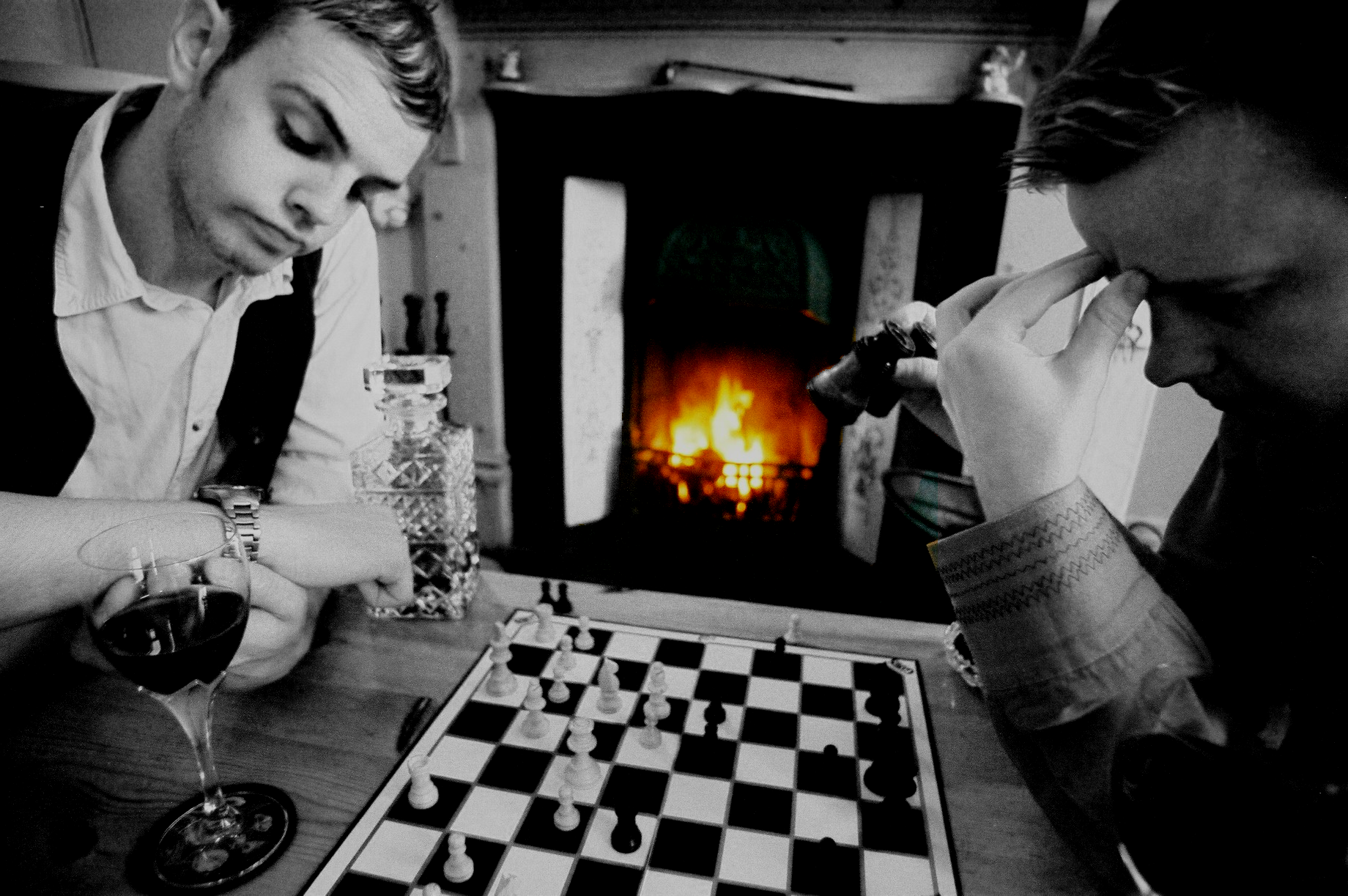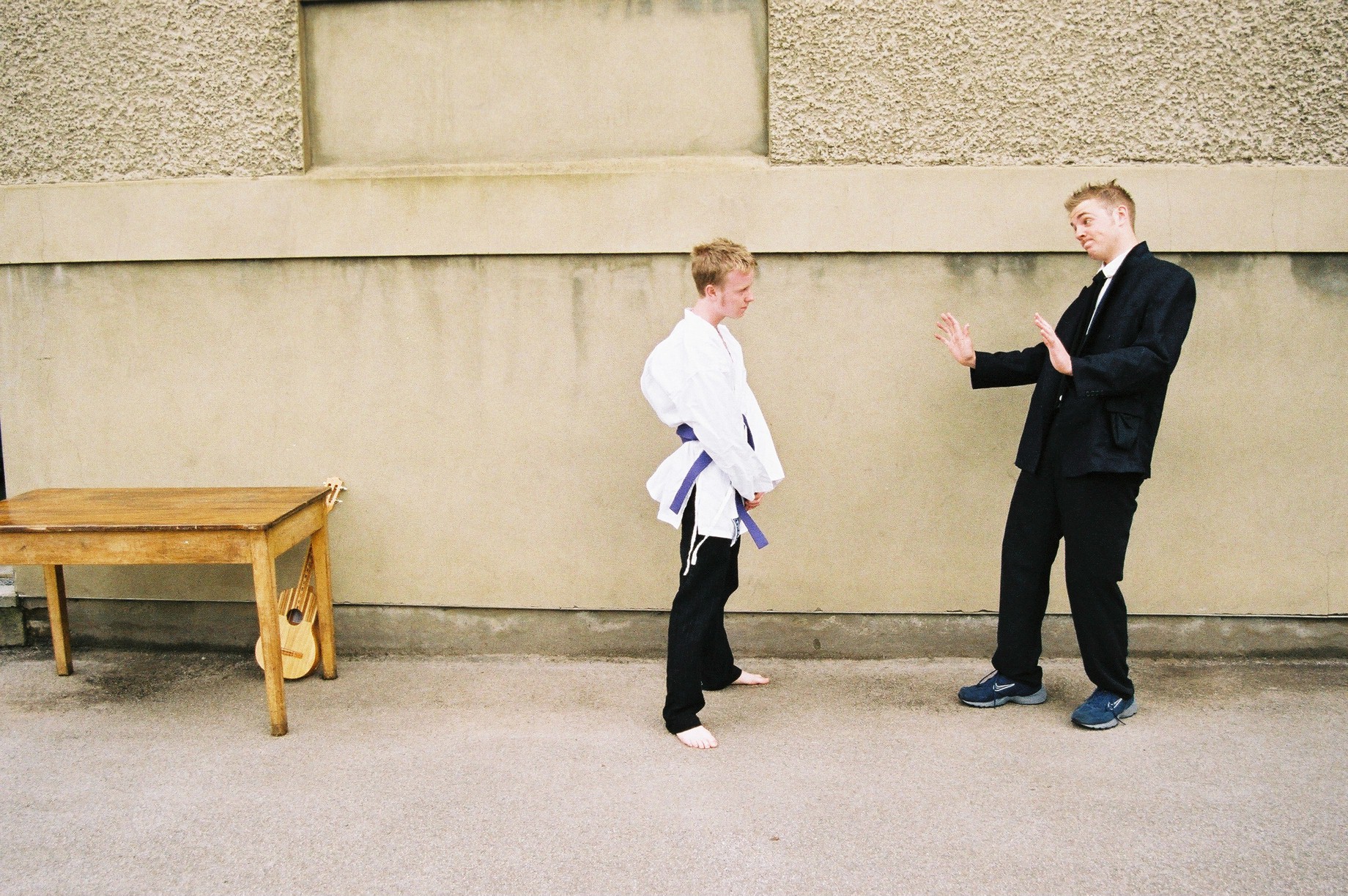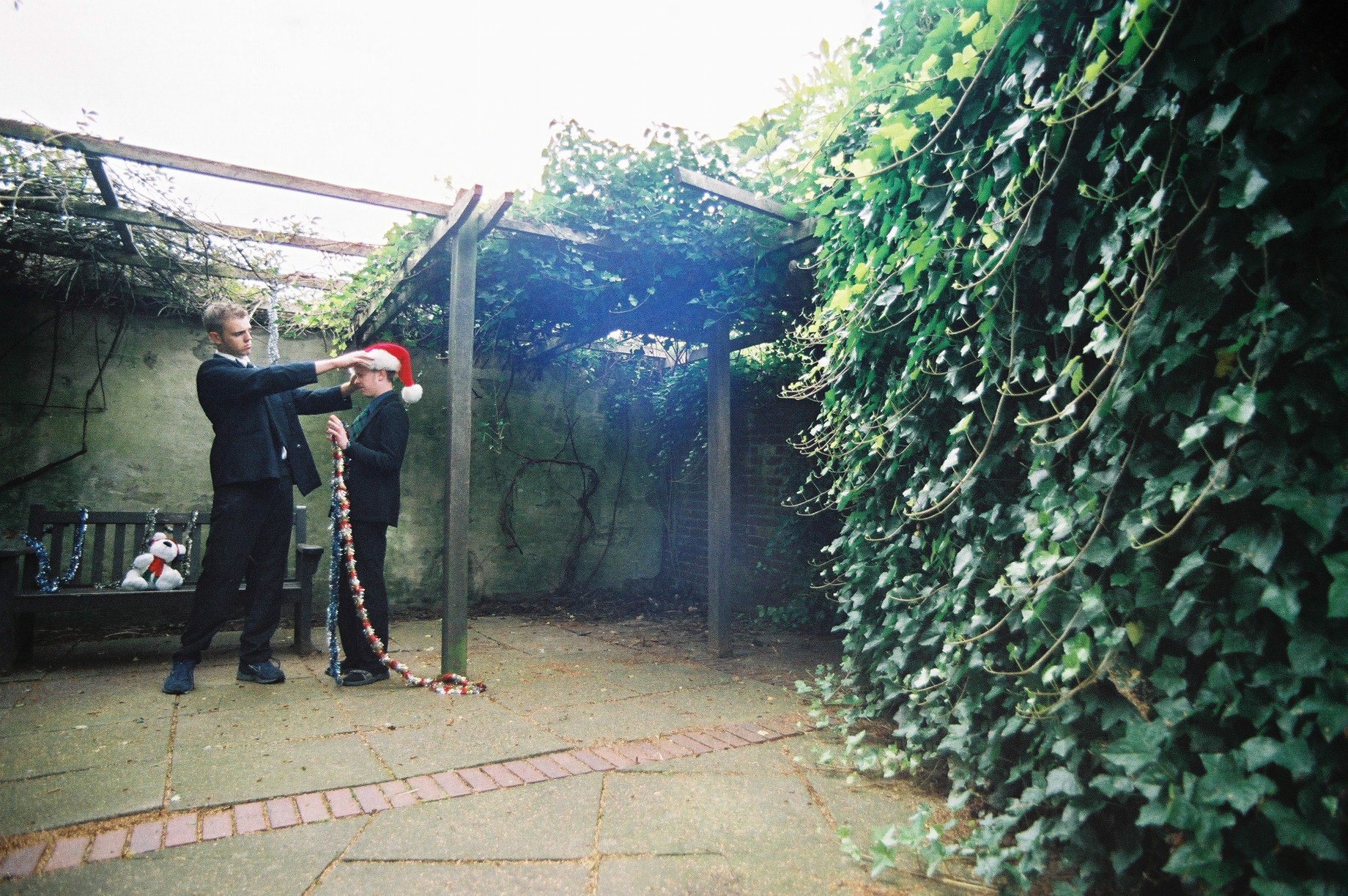Collaborations
You are welcome to share and enjoy the music on this website.
Please use the CONTACT page to request permission should you wish to use the music for any purpose or to perform any of the music yourself.
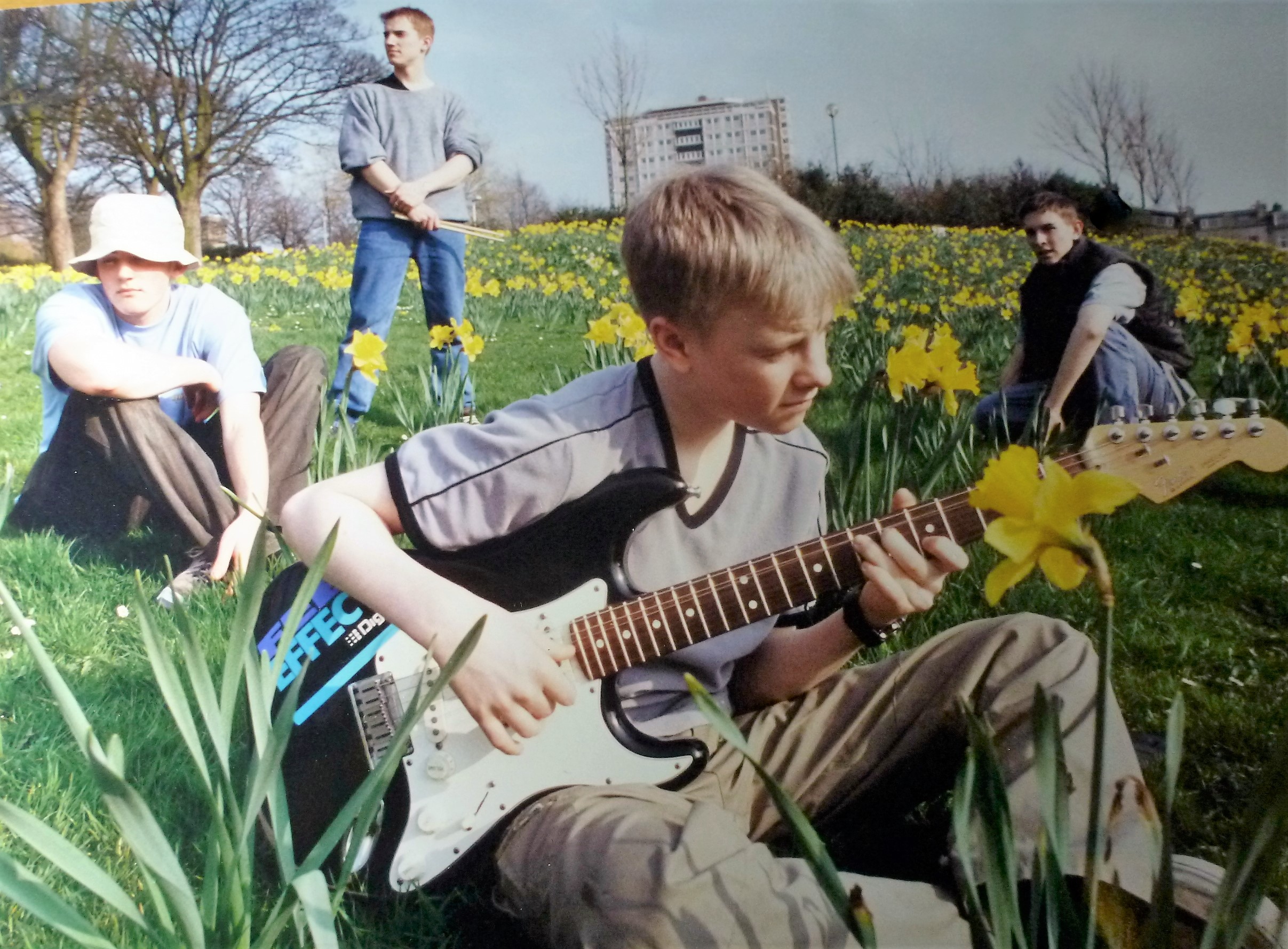
Fulltalkie
(1998)
Lawrence Williams – Vocals & Guitar
Andy Nurse – Drums
Tom Hamilton – Double Bass
Martin Sutherland – Lead Guitar
Nightmare
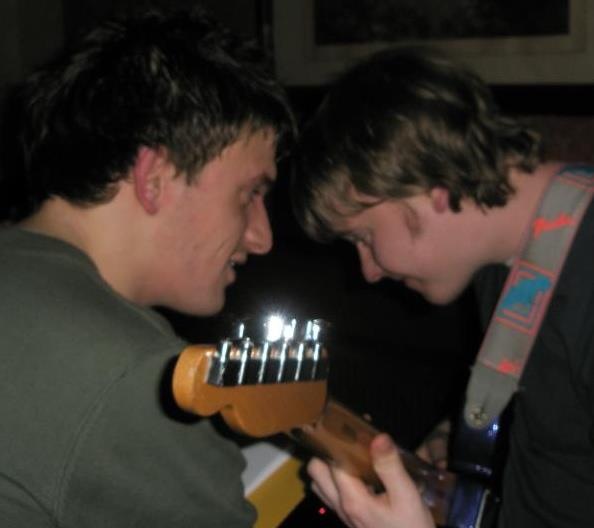
Of Dust
This was a song that Martin and I wrote and recorded – I think – in 2010.
My first memories of the song are of being in Mart's room, and him playing me a long, haunting, captivating guitar introduction in a minor key. It bloomed into a poppy, major key rather jolly number, and at that point I think he had entitled it Punkd. It was the long introduction that had grabbed my attention. Mart asked me to take the recording away and think about where it could go.
I remember listening to the long introduction over and over again on my way to work for days afterwards, slowly piecing together a few words and a melody. Martin and I had been talking about how we both felt exhausted by the world: the barrage of advertising; the absence of art and inspiration; the anodyne nature of popular culture. We were both experiencing an urge to retreat inwards, and the lyrics reflect the conversations we had been having about this. They were intended as a call-to-arms, imploring one another to challenge the world; a reminder that we're "never alone." The lyrics felt more poignant after Martin died, taking on a strangely prophetic feeling.
We had both been listening to Seth Lakeman about that time, which is where the earthy, folksy lyrics take inspiration from. Similarly, we wanted to re-create some of how Elbow's Guy Garvey sings really close to the microphone. I think my love of Jeff Buckley is in there too, and I think you can hear some Jonny Greenwood in Martin's guitars.
Martin and I met to finish the song off when he came down to London for a weekend. I had written a chorus which flowed out of the introduction and we lost the major key section, which didn't fit anymore. We worked on it for a while at my flat, and got the extra guitars done quickly. Martin was (secretly) staying at his sister's flat in West Hampstead, and we recorded the vocals there. Mart was really unwell with a sickness bug. He was laid out in bed, and occasionally murmuring instructions at me. It was the only time I was allowed to operate the laptop! I think when I recorded the vocal I was trying not to wake him.
One of the reasons this song has stayed special to me is that a year or so after Martin died, I got the chance to perform this song with some amazing musicians in Lancaster when his dad chose the song for a folk group evening. Most of the songs we recorded with Martin during his final few years are very tough to re-create live, with the complex drums, vocals, and multiple guitar tracks. So singing this one with a folk arrangement – double bass, violin, and Jon Gjylaci on guitar – was a privilege.
The song was played at Martin's funeral, and it is a poignant and tender song that I was very proud to have written and recorded with him.
Johnny Clark (2016)
Of Dust - Martin's initial guitar work
Of Dust - recording by Johnny and Martin in 2010
Of Dust - performance at LRGS in 2013
Ben Layton and Martin Sutherland were dynamic partners in musical crime. Layts and Suths was a creation that is almost impossible to describe, but luckily we can now hand over to Martin himself to add some sense to proceedings ... (The following excerpt from Martin’s own writing should be read with what is commonly called “a pinch of salt”! – Editors).
Layts and Suths
You have to know Layts and Suths before you can understand Laytsandsuths.
To a casual observer, the musical phenomenon known as Laytsandsuths is a simple enough proposition: a couple of average Joes, not particularly talented or insightful, with a repertoire of four-chord songs about subjects as undemanding as coffee. This is an understandable and certainly forgivable notion as, when taken at face value, that is exactly what Laytsandsuths are. The problem with this view is that it in no way helps to explain the legions of fans, dozens of celebrity devotees, critical and commercial successes that have come to the duo over the past few years. For example, how did Ben Layton and Martin Sutherland become Time magazine’s ‘Men of the Decade” on the back of such apparently juvenile lyrics as: “Let’s go to the Spar/It’s not very far/We’ll get there in a car/And buy a maaaaarrow”?
Suths
Martin Sutherland was born in a Siberian Gulag, or Russian concentration camp, in 1938 (or 1984, according to some reports). Originally named Alexander Russiarussiarussiachechnyakov, he changed his name by deed poll to Martin Sutherland upon the execution of his parents in 1941. They were convicted of attempting to poison the dictator Josef Stalin by adding a fine clean white substance to his afternoon coffee (a theme revisited in the 2001 classic ‘Brewtime’). One can only speculate as to the effects the loss of his parents must have had on the young Martin’s psyche – to this day he has steadfastly refused to discuss this period with anybody outside his immediate group of himself. What we do know is that, as a direct consequence of the state’s murderous actions, the barely three-year old Martin was left alone in the middle of the Siberian forest to fend for himself, unarmed and unaided.
At the age of five, the now bearded Martin founded a settlement on the banks of the river Tiber, which would come to dominate the Western World for the next three thousand years. A year later, whilst sitting in the now-great city’s main orchard, an apple had the good fortune to fall on his head, thus creating gravity (an event referred to in the 2004 smash hit ‘Inventor’). Other achievements during Martin’s formative years include the unravelling of the human Genome, inventing wood, and finding water.
It was at the age of seven, whilst guiding the Israelites to the “land of milk and honey” that Martin first encountered what was to eventually become his raison d’être: the world of music (not World Music). It was at this point that ‘the Lord’ (Hebrew for Layts) spake unto ‘Abraham’ (Hebrew for Suths) from a burning bush:
“And it shall come to pass Let’s write a tune Have you got a plectrum?”
It was at the party of one Pete McGowan that the duo first performed their signature tune Uptalker (the Best Song Ever®), along with a heavier number they would later discard called “Smells Like Teen Spirit”. Nice one.
‘Uptalker’ (the Best Song Ever®) was recorded and demo CDs were sent off to numerous record companies. After several rejections, it fell to a perceptive young promoter called Brian Epstein to recognize the immense potential of Laytsandsuths, and sign them up to his label. Thanks to the excellent publicity campaign mounted by Parlophone, and the outrageous drunken antics of Layts (see Cuban Missile Crisis, Chernobyl, and Prisoner Abuse at Abu Ghraib Jail), the duo’s first commercial release, the Fine Clean White CD with the Strength of a Zeppelin EP, achieved triple-platinum sales in less than 3 seconds.
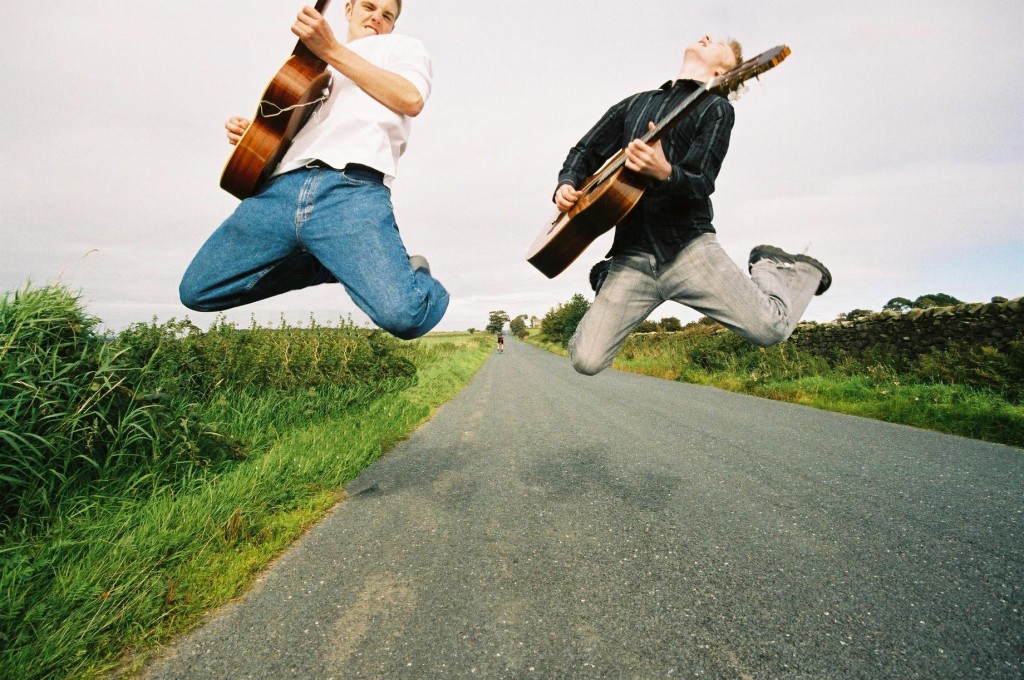
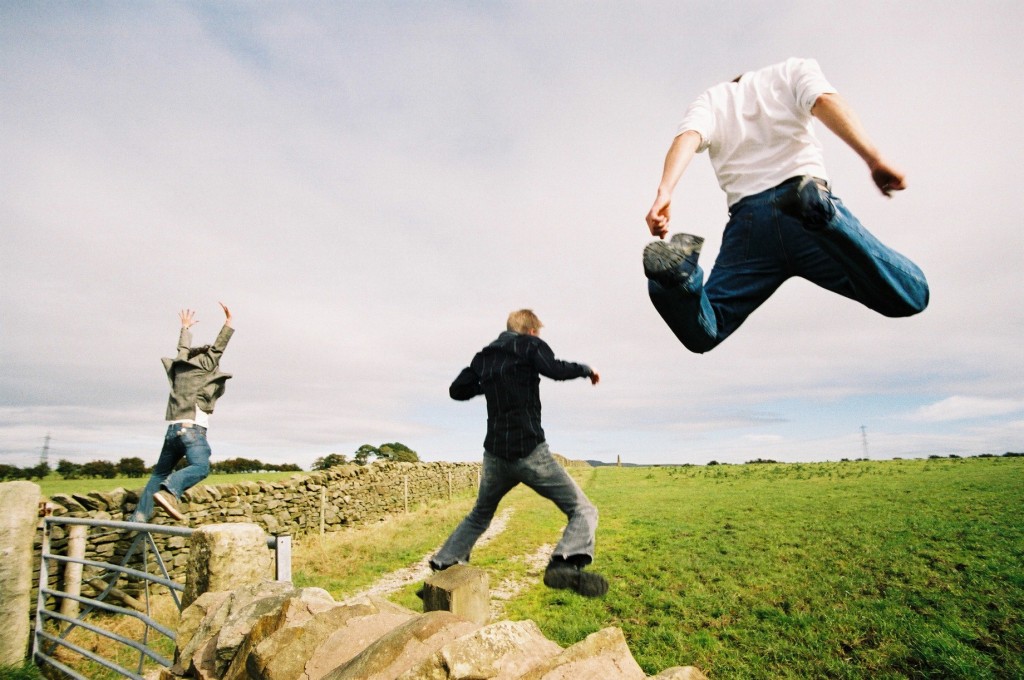
Layts
If Martin is the epitome of the kind, sensitive, dignified and considerate “troubled genius”, then Layts is his complete antithesis. Layts is not a complex person, and perhaps the most practical way of gaining insight into his ‘character’ is by simply listing a few of his ‘achievements’ to ‘date’...
- Whilst other, more humanitarian entrepreneurs were developing the use of ice for the refrigeration of essential food, Layts began selling it, at extortionate prices, to starving people in the desert who thought it was glass for their windows.
- Misunderstanding the finer points of the recent high-profile ‘Drop the Debt’ campaign, Layts offered the use of his private collection of Chinook helicopters for the drop.
- Layts first met Suths during the American presidential elections of 1961, in which Layts was a candidate. His campaign slogan, “Ask not what Layts can do for you – ask what you can do for Layts”, was subsequently hijacked by JFK in his acceptance speech that year.
- As CEO of the timber company ‘Logorithm’, Layts is responsible for the destruction of an area of Brazilian rainforest equal to twice the size of Wales every minute.
These examples perfectly illustrate the callous and cold-blooded nature of Layts. Yet Layts remains most famous for his contribution to the sublime world of Laytsandsuths, a somewhat minimal contribution sure, but nevertheless integral. He is the mouthpiece, the public face of Laytsandsuths, the ‘gifthorse in the mouth’ – without him there would have been no success, and no riches, but the music wouldn’t have suffered.
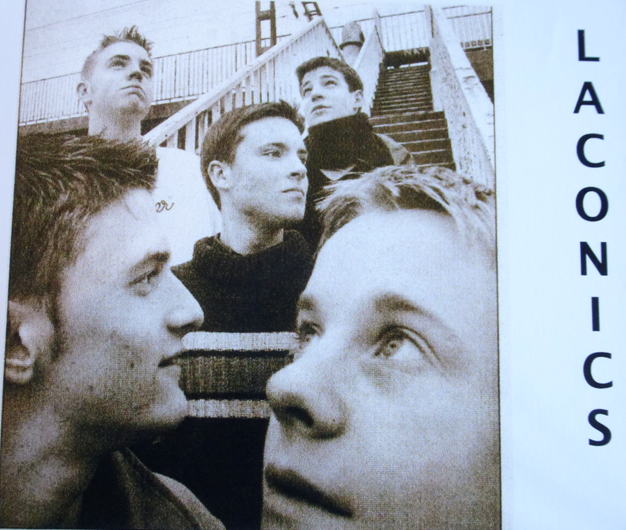
Laconics
(2001)
Johnny Clark – Vocals & Bass
Ben Layton – Rhythm Guitar & Backing Vocals
George Murgatroyd – Drums
Peter Haughton – Keyboards
Martin Sutherland – Lead Guitar
Back Off
Talking to Them
Martin & Friends
(2008-2011)
During this time Martin produced many instrumental recordings, some of which were later turned into songs. Many of the numbers remain incomplete and none have been published in any form. Here are four examples from this time.
Dischord
Overlander
Found Out
Hollow Girl
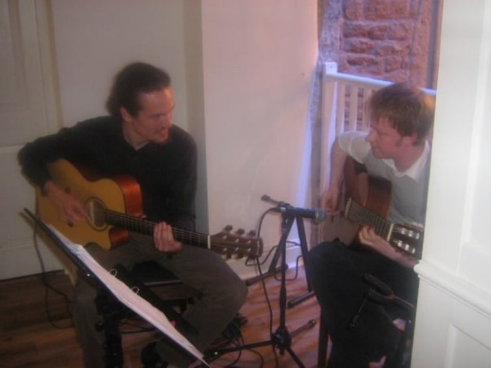
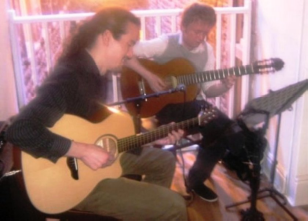
Rob & Mart
(2008)
Robin Mason – Guitar
Martin Sutherland – Guitar
Karate
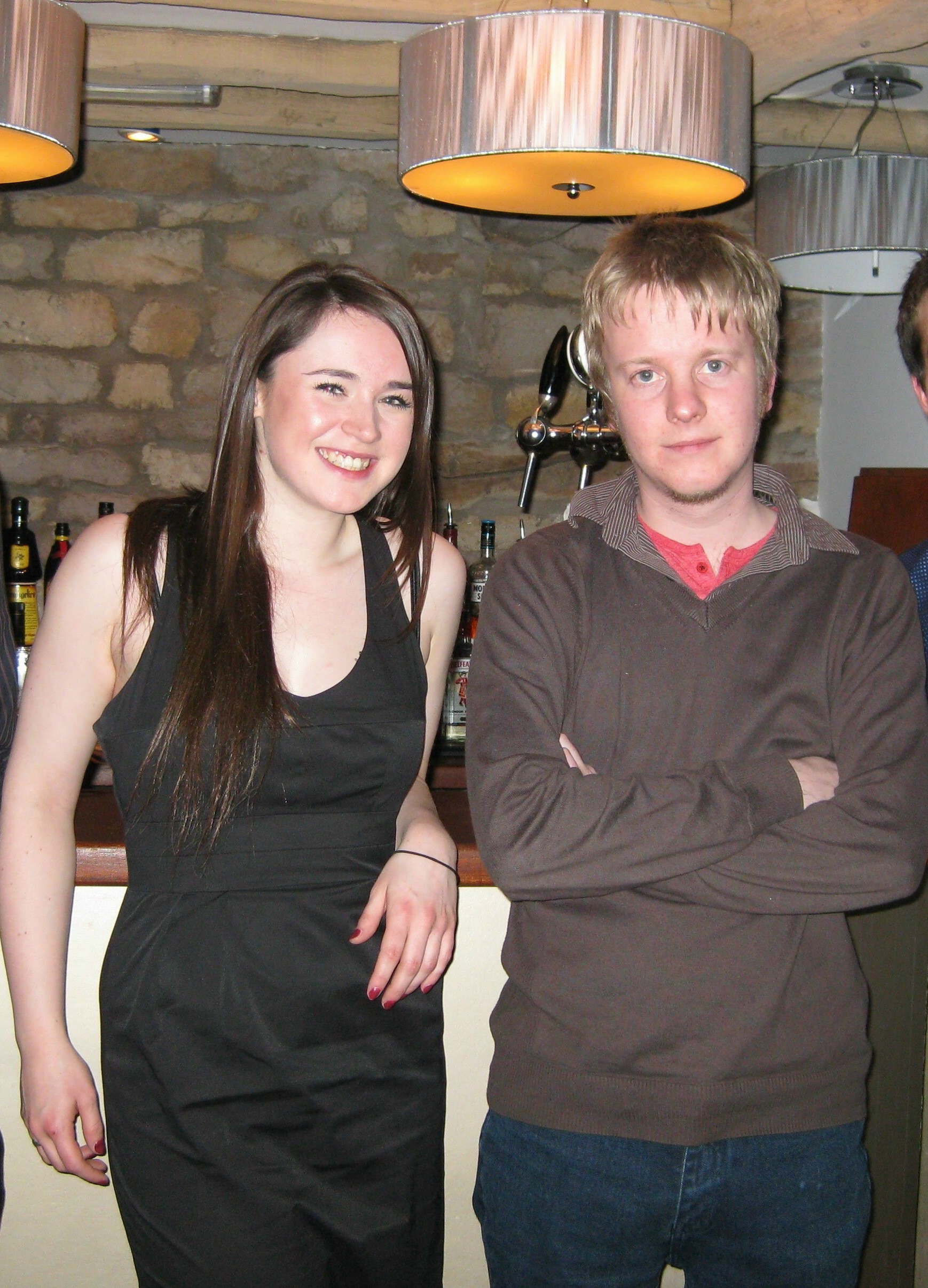
Steph & Mart
(2008)
Stephanie Tomlinson – Vocals
Martin Sutherland – Guitar & Cello
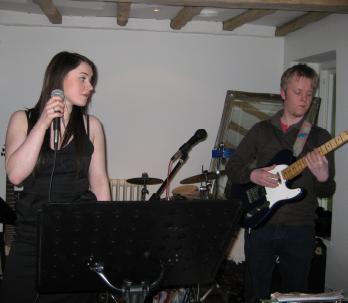
Pedestal
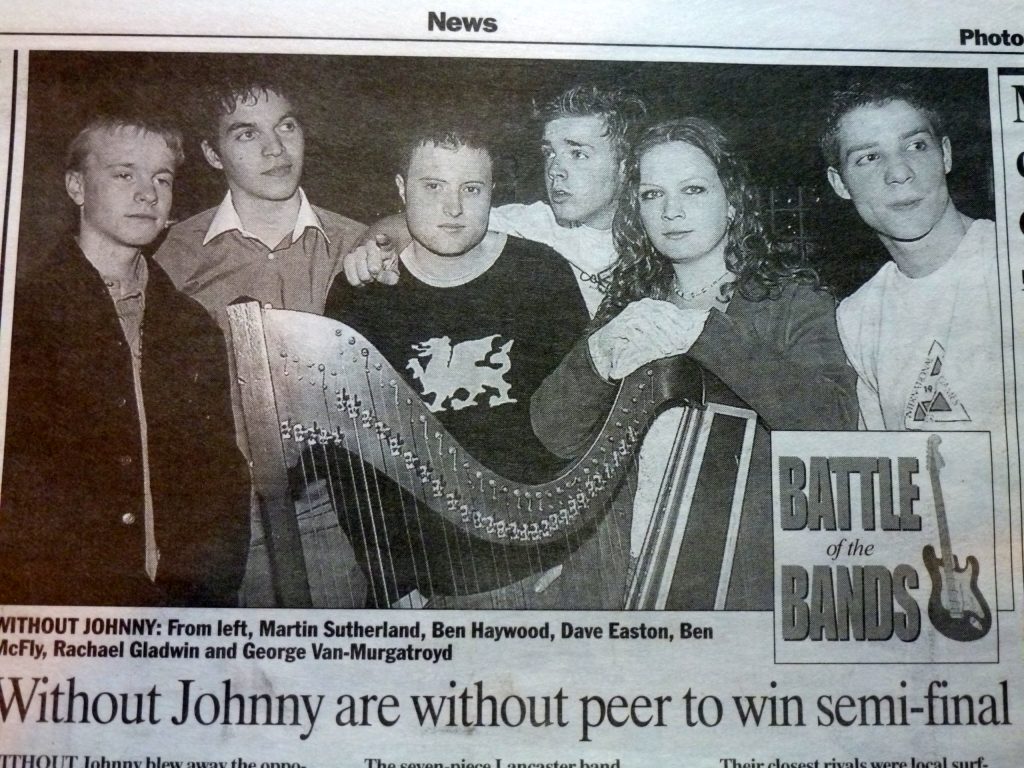
Without Johnny
(2002)
Ben Haywood – Alto Saxophone & Vocals
David Easton – Alto & Tenor Saxophones
George Murgatroyd – Drums
Ben Layton – Rhythm Guitar
Rachael Gladwin – Harp & Vocals
Martin Sutherland – Lead Guitar
Simon Day – Bass Guitar & Vocals
